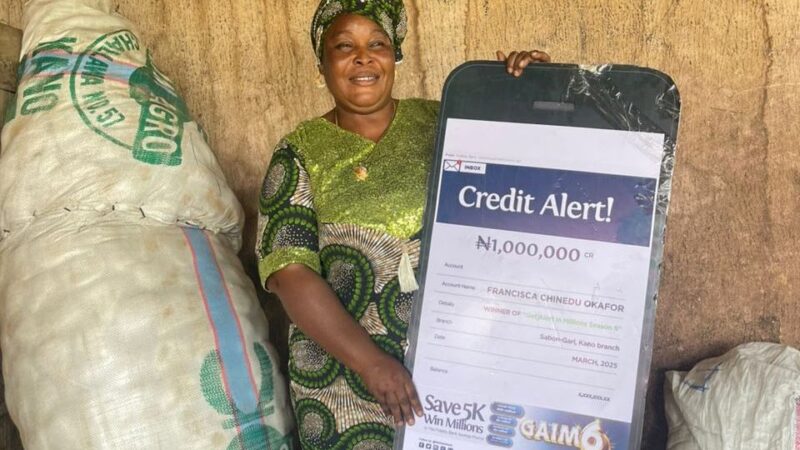AfDB eyes 120 million tonnes of additional food by 2025
 The African Development Bank plans to produce an additional 120 million tonnes of food by 2025.
The African Development Bank plans to produce an additional 120 million tonnes of food by 2025.
This announcement was made by the Director General of the AfDB Nigeria Country Department, Abdul Kamara, during a side event at the 2024 West and Central Africa Regional Wheat Summit in Abuja on Thursday.
He emphasised the urgent need for enhanced wheat production in West and Central Africa.
The summit, themed “Prioritising Policy, Innovative Technologies, and Investments in Wheat Transformation towards Sustainable Food Security and Economy”, highlighted the critical issues facing the region’s agricultural sector.
Kamara noted the rising demand for wheat driven by population growth and urbanisation.
Despite this demand, he pointed out that domestic production had not kept pace, leading to heavy reliance on imports.
According to Kamara, the recent geopolitical tensions, particularly the conflict between Russia and Ukraine, have further exacerbated this situation, increasing vulnerability in the region’s food supply.
In response to those challenges, Kamara outlined the AfDB’s Feed Africa initiative, launched in 2016.
He said the 10-year strategy aimed to transform agriculture across the continent into a competitive agribusiness sector.
“The Feed Africa’s Technologies for African Agricultural Transformation is a major initiative that aims to boost agricultural productivity in all parts of Africa. This will produce an additional 120 million tons of food and lift 130 million people out of poverty,” he stated.
He added that the initiative was designed to assist over 40 million farmers by 2025, aiming to double the productivity of crops, livestock, and fisheries.
“Wheat is a staple food for millions across Africa and plays an essential role in ensuring food security and driving economic growth,” he noted.
Kamara urged a shift towards self-sufficiency, saying, “We must work towards reducing this import dependency and bolster local wheat production to secure our region’s food future.”
Head of the TAAT Clearinghouse, Dr Solomon Gizaw, highlighted the pressing demand for wheat, noting that wheat consumption in Sub-Saharan Africa has surged by over 6 per cent in the past decade.
He emphasised the need for strategic investments in the wheat value chain, pointing out that nations like Nigeria and Cameroon were formulating National Wheat Road Maps to enhance domestic production.
Gizaw added, “Over the past six years, TAAT has successfully distributed heat-tolerant wheat varieties and other crops to over 12 million farmers, leading to an estimated increase in crop production of 25 million tonnes.”
Jigawa State Governor, Umar Namadi, shared the challenges and successes of wheat production in his state.
“We believe in our land, our people, and our determination,” he said, reflecting on efforts to allocate 40,000 hectares for wheat cultivation.
He noted that his administration had implemented programmes to support farmers, resulting in a significant increase in land dedicated to wheat production.
The Managing Director of Nile Sun Seed Company Ltd and Chairman of the Sudan Seed Trade Association, Mr Elzubeir Ibrahim, echoed those sentiments.
He stated the opportunities presented by heat-tolerant wheat varieties and the growing market demand.
“This demand creates a pathway for success that we can leverage,” he remarked.
Kamara expressed optimism about the future of wheat production, stating, “Together, we can turn the challenges we face into opportunities and create a prosperous wheat sector that serves the needs of our people.”
He encouraged stakeholders to engage in discussions aimed at building resilient agricultural systems capable of supporting Africa’s food security and economic growth.
The two-day summit aims to foster partnerships among governments, research institutions, and the private sector to create a sustainable wheat industry in the region.







